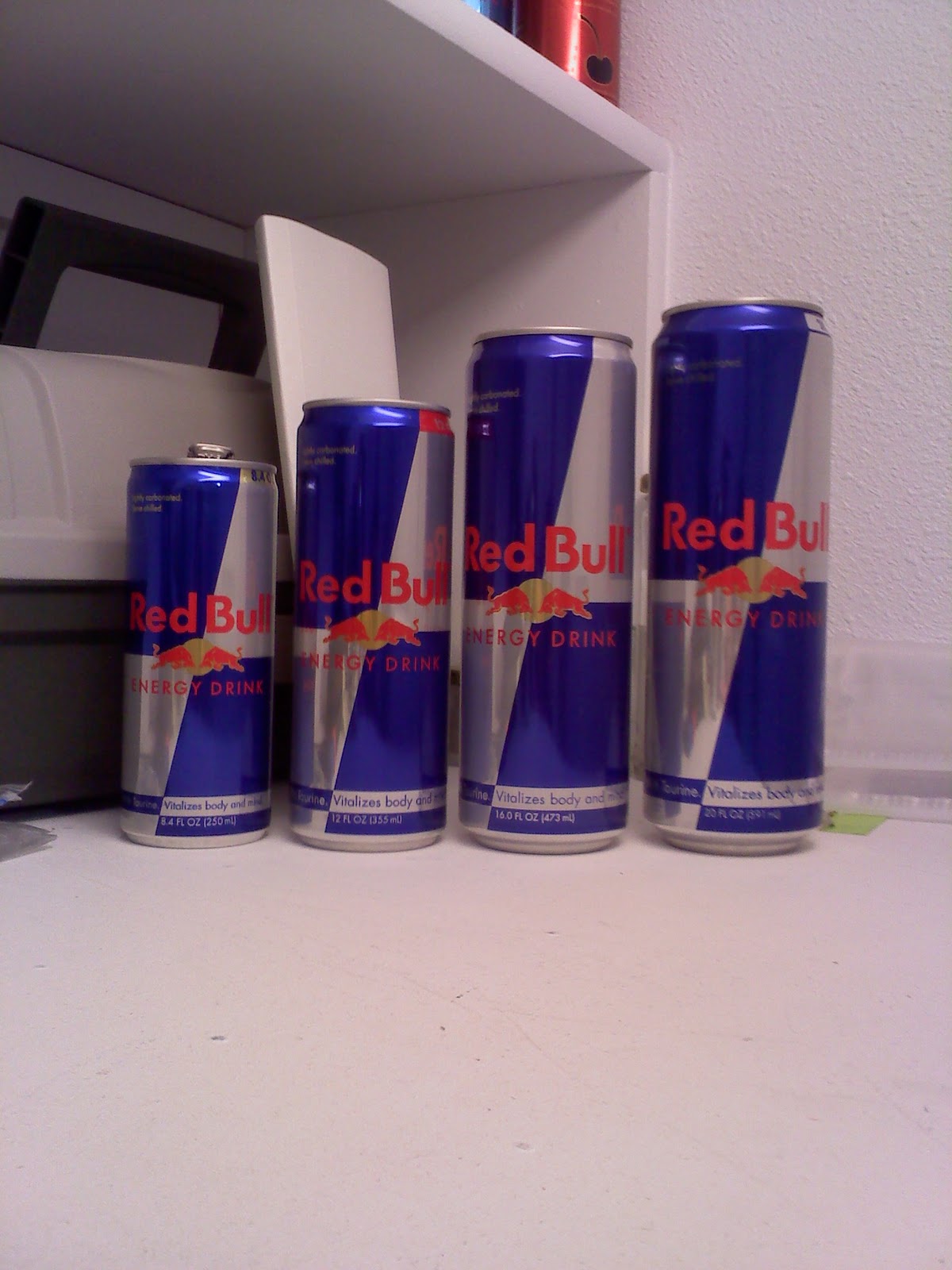

Regularly achieving adequate sleep can help decrease your reliance on caffeine for energy and prevent the crashes that may result from inadequate sleep.Īchieving adequate sleep can be difficult if you consume too much caffeine throughout the day or too close to bedtime.Ĭaffeine has an average half-life of about 5 hours, ranging from 1.5–10 hours depending on factors like age, overall health, whether you smoke, and genetics ( 2, 9). Long-term poor or inadequate sleep is linked with a higher risk of chronic illnesses like type 2 diabetes, heart disease, obesity, and dementia ( 6, 7).Įxperts recommend sleeping 7–9 hours per night ( 8). Regularly getting adequate sleep is not only effective for preventing caffeine crashes, but it’s also important for good health. As such, prioritizing sleep may be a way to eliminate or reduce your reliance on caffeine to keep you awake and alert, thus preventing caffeine crashes ( 5). The energizing effects of caffeine are stronger when you’re sleep deprived than when you’re well rested. This pattern has been called the “coffee cycle,” and over time, it can lead to excessive use of caffeine ( 4). In response, you may consume more of the substance. Once the effects wear off, you may feel more tired than before.

Many people turn to caffeine - whether from coffee, soda, or energy drinks - to increase alertness and promote wakefulness in the morning or throughout the day, especially after a poor night’s sleep.Īlthough achieving a good night’s rest may not be possible every night, it’s essential for preventing caffeine crashes.Ĭonsuming caffeine when tired or energy-deprived will only temporarily relieve those feelings. It’s associated with tiredness, the inability to concentrate, and irritability.

summaryĪ caffeine crash can result due to poor sleep, consuming caffeine close to bedtime, or consuming too much. Here are 4 tips to help you avoid a caffeine crash. The symptoms range from mild to severe and last anywhere from hours to a week, depending on individual factors ( 1).įortunately, there are ways to prevent - or at least reduce - these productivity-killing effects. However, experiencing extreme tiredness, an inability to concentrate, irritability, or a headache may indicate a caffeine crash or dependence ( 2).Ī caffeine crash may result from a lack of sleep, consuming the substance too close to bedtime, or consuming too much. They typically present within 60 minutes after consumption and last for 5 hours on average ( 1, 3).Īfter the stimulating effects wear off, it’s common to feel less alert or focused. These effects can occur with low to moderate caffeine doses of 20–200 mg. Caffeine stimulates your nervous system by increasing brain activity, thereby enhancing focus and cognition while delaying fatigue ( 2).


 0 kommentar(er)
0 kommentar(er)
